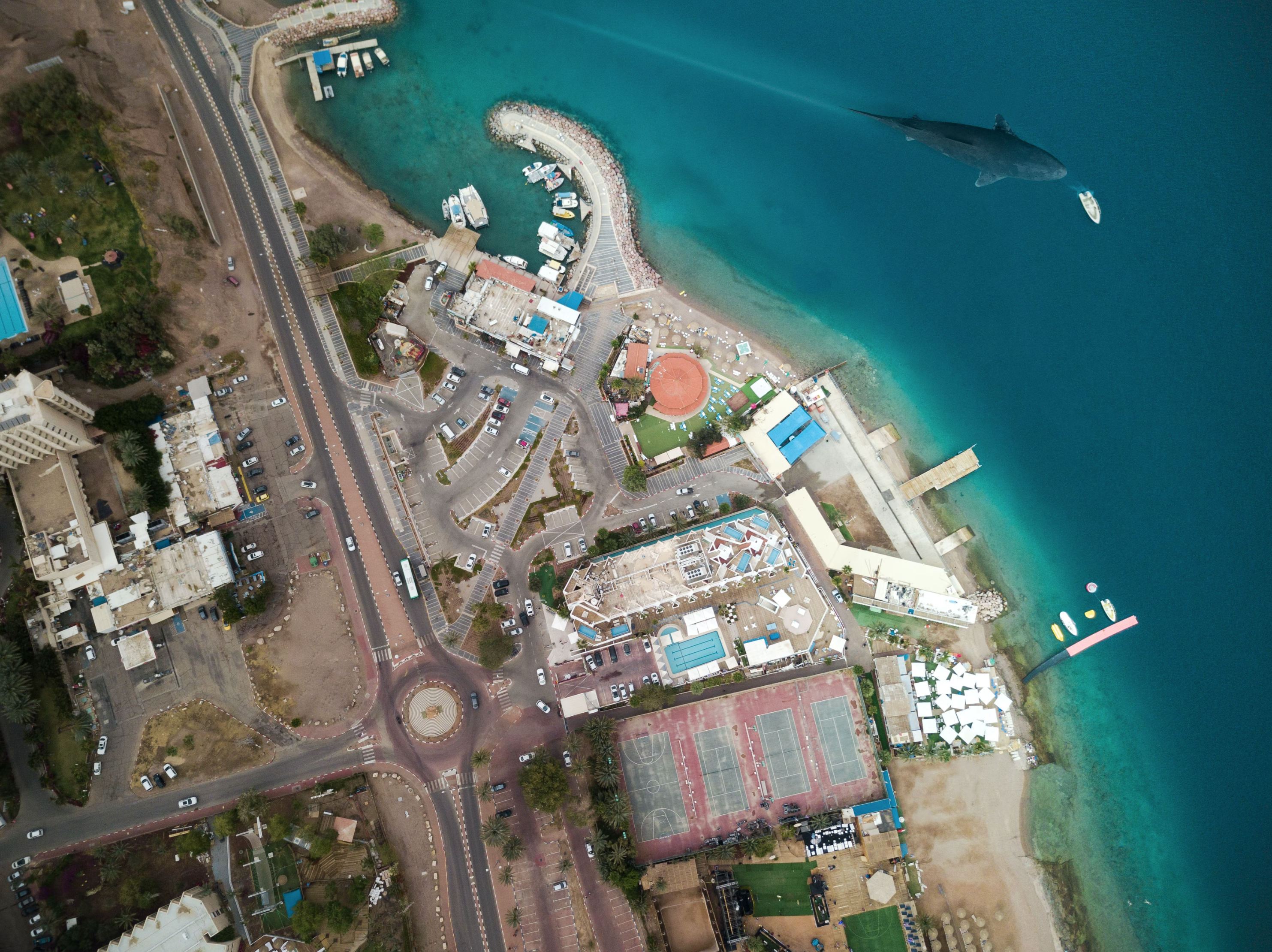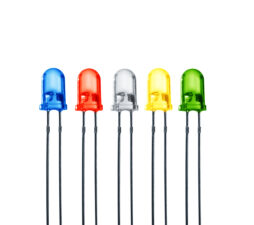Just like your circadian rhythm needs an LED light-free night for a good sleep, animals around the globe – whether they are nocturnal or diurnal – need a predictable amount of light and dark to develop, reproduce and thrive. When it’s night it should be dark, or with the moon, and when it’s day there should be light. But as urban spaces develop near coral reefs, the pollution from motorboats, freight shipping, pollutants, and now light, put the survival of coral reefs everywhere at risk.
The problem of light pollution and animals was addressed in a Green Prophet article about why you should turn your garden lights out at night. And when it comes to marine health and animals that live in the sea, their needs are about the same. Some 250 scientists have recently signed a protest against lighting up beaches near the coral reefs at night. Israel’s most southern city of Eilat is attempting to light up the night around its Red Sea shores and scientists worried about the already devastated reef fear it will not come back to life.
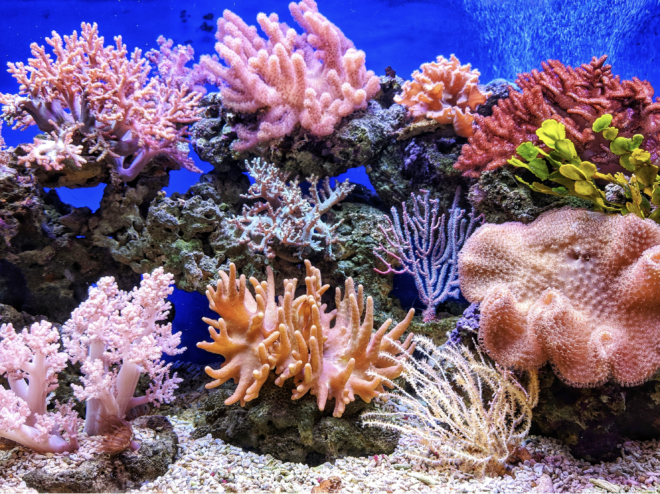
At the Great Barrier Reef for instance, major spawning events are triggered by light. What if the light trigger never comes? Would the mass spawning event ever take place?
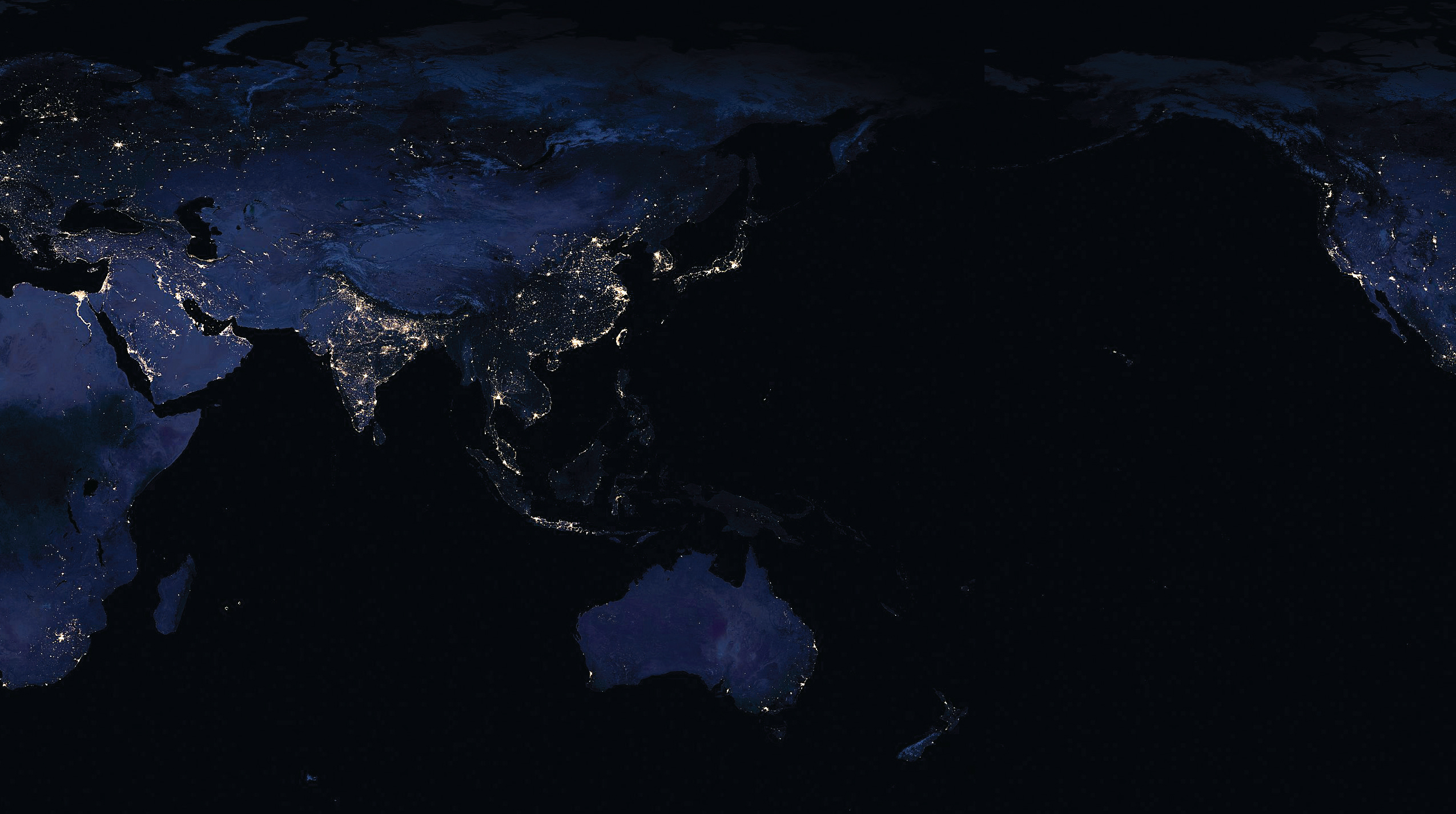
NASA sees artificial lights at night, from high in the sky
The Tourism Ministry of Israel, reports Haaretz, is moving forward with plans for a new boardwalk for the beaches in the north of the city, including Coral Beach and Zin Beach.
The lighting plan includes light fixtures along the entire length of the boardwalk. But Eilat’s coral reef, which is right off the shore, is one of the world’s most northern coral reefs and its location as such gives it exceptional resistance to climate change.
Because of this scientists believe that it will become a haven for biodiversity when climate change wipes out reefs in more southerly locations.
Biodiversity and beautiful reefs also attract tourists, and since Eilat has a public relations problem with its brash character, and lack of charm (ugly and loud hotels, poor customer service, obnoxious nightlife) tourists tend to bypass it and head to Sinai, Egypt which offers simple, affordable access to natural beaches. I wouldn’t go to Eilat if someone paid me. In short, Eilat needs all the help it can get.
Reefs biology relies on the sun and the moon
The call to stop the lighting around reefs is not a new idea and it has scientific studies backing it. In 2020, Bar Ilan University in Israel reported in the journal Current Biology that the daily light-dark cycle arising from the earth’s rotation is centrally important to biology. Marine organisms, particularly coral reefs, rely on natural light cycles of sunlight and moonlight to regulate various physiological, biological and behavioral processes.
The researchers found that light pollution prevented the syncing of gamete release, when reefs reproduce: “The daily light-dark cycle arising from the earth’s rotation is centrally important to biology. Marine organisms, particularly coral reefs, rely on natural light cycles of sunlight and moonlight to regulate various physiological, biological and behavioral processes,” they wrote.
“Both key coral species were affected by ecological light pollution. They exhibited asynchrony in the reproductive state which was reflected in the number of oocytes per polyp, gametogenesis, and gamete maturation,” says the study’s lead author Prof. Oren Levy at Bar-Ilan University.
“This was further reflected at the population level where only corals exposed to natural light cycles succeeded in spawning synchronization. Light treatment with both cold and warm LED’s had a similar impact on the gametogenesis cycle,” added Levy.
To shed light on how relevant their findings are on a worldwide scale, the researchers created a first-of-its-kind global map that highlights areas most threatened by artificial light at night (ALAN) including the Caribbean Sea and the Pacific and Indian Oceans. One striking example is the Gulf of Aqaba/Eilat in the northern Red Sea, where considerable urban lighting is present close to shore. There the least affected area is 47% brighter than a natural night sky, and this rises to a maximum of 60 times brighter.
With the global transition towards LED lighting, which tends to have higher emissions in the blue spectrum, more near shore coral reefs could be affected by artificial light, as blue light penetrates deeper into the water. This spectral shift is expected to be amplified by the current rapid population growth in coastal regions.
Levy and team’s results demonstrate that artificial light must be considered in conservation plans for coral reefs near areas of human activity and their light pollution impact assessment can help incorporate an important variable in coral reef conservation planning. If blue LED lights shorten the life span of flies (in this Nature study) what are they doing to reefs, to us?
The Emperor’s new clothes
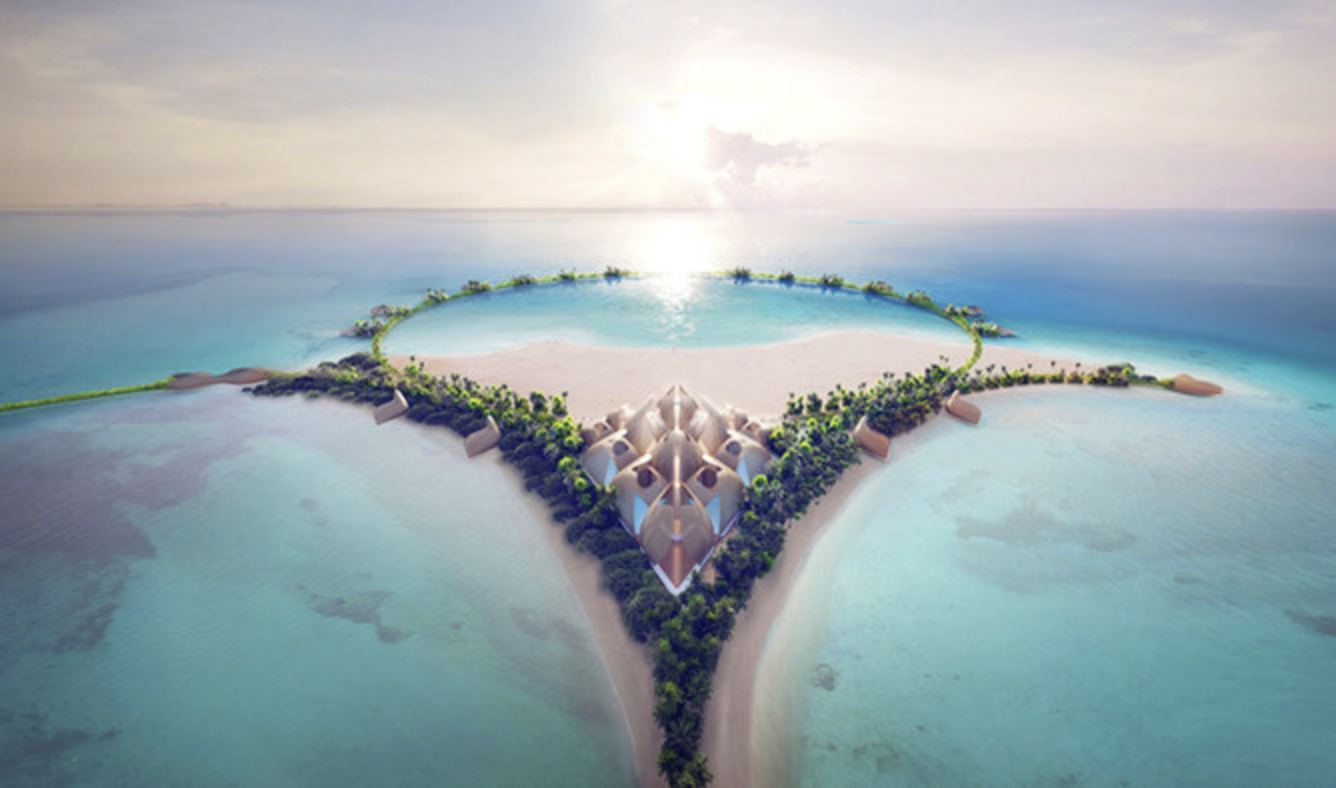
Red Sea Island Project by Foster & Partners. The most sustainable hotel is no hotel. Go to a hut in Sinai instead.
Israel is not alone in managing the Red Sea. There is Aqaba, adjacent to Eilat in the east and Saudi Arabia below Jordan. Jorda, as one of the world’s poorest countries, doesn’t have a current problem with excessive over-development so it should take its cues from Israel who are managing similar environmental problems.
Saudi Arabia is different because typically few people visit or inhabit its beaches. But the prince of Saudi Arabia wants to change that with a bombastic plan to build cities and islands in the Red Sea area. He wants the west to do in Saudi Arabia what he won’t let women in Saudi Arabia do: frolic freely on beaches, drink and have a good time. This is all done with counsel by so-called eco advisors from Europe who talk sweetly about renewable energy and water management while no one mentions the drastic state of the world’s environment and the prince’s grand vision.
As Saudi Arabia builds out its mega and so-called eco city of Neom on the Red Sea we are wondering if their European advisors are reading and listening? Or are they too devoted to Saudi’s endless money to bother about reef health as they build out “eco” islands and cities on the fragile Red Sea coast.
Read about some other ways of rejuvenating coral reefs:
Underwater Art Heals Coral Reefs
EcoReef Antlers to Heal the Sea

